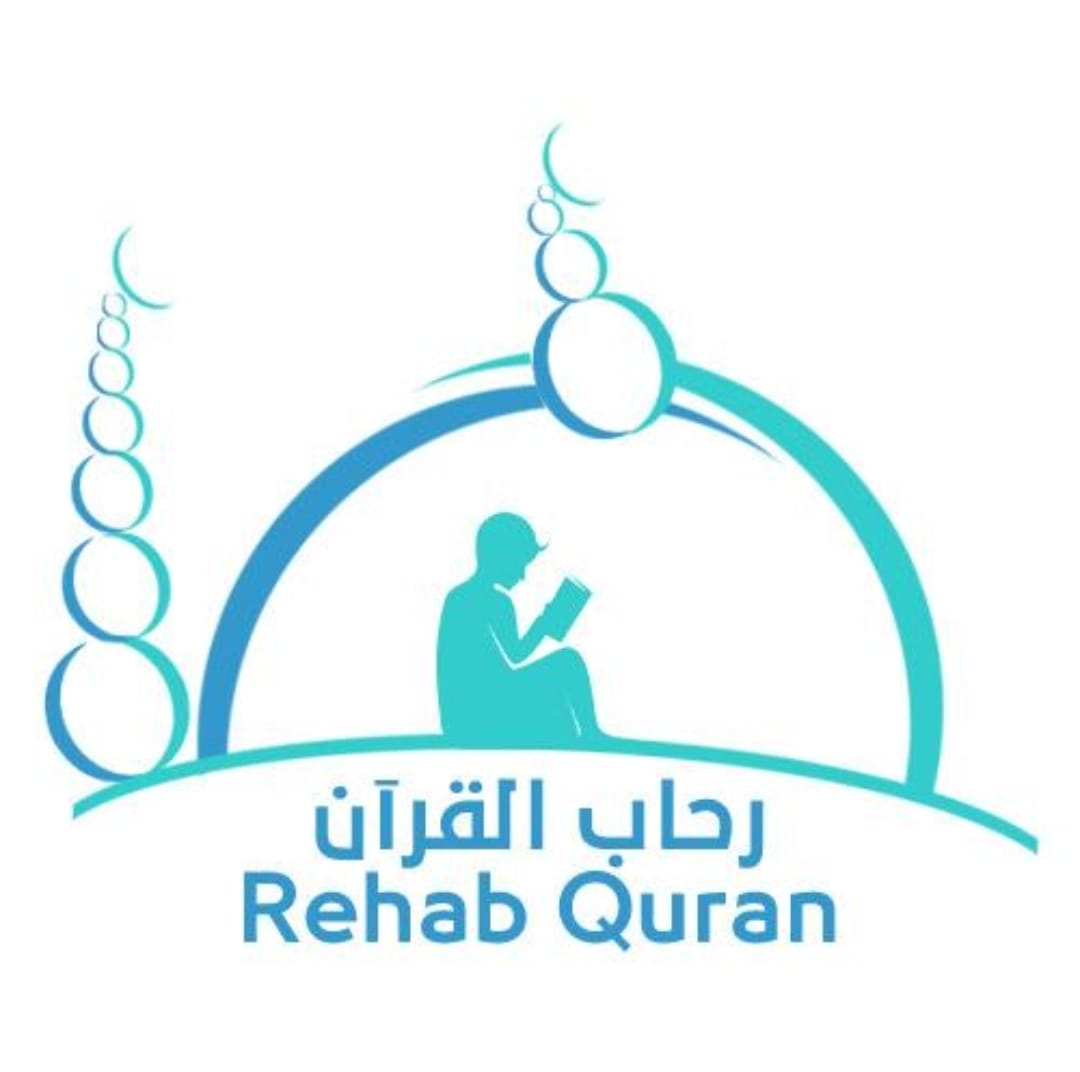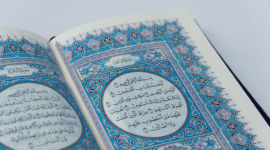
Geographically speaking, when you learn to use and understand Arabic language, you will not only be able to deal with Middle Eastern content, but rather with that of the whole world. After all, it is one of the top five most spoken languages in the world. Alongside helping you get involved with the whole Arabic-speaking portion of Earth, the greatest outcome that one could ever achieve from learning Arabic is acquiring knowledge about the world’s second largest religion: Islam, which constitutes a huge part of the Arab World’s culture. Indeed, Arabic is the main key to comprehend Islam and its main pillars and concepts.
Learning Arabic is an international experience that would be handy to any Muslim. Travelling to Arab Muslim countries such as Egypt, Saudi Arabia, Morocco, or Jordan will undoubtedly help you obtain a better vision of the mindset, lifestyle and culture of Muslims which is a much deeper, much informative experience than merely reading about Islam without interaction. Furthermore, if you are a Muslim living in a non-Arabic speaking country, learning Arabic would open infinite doors for you and your family to remember Allah Almighty, and to remember and relate to Muslim and Arabic traditions, notions, and roots. That is through having access to endless Arabic and Muslim content online as well as being able to deal with Arabs all around you.
Most importantly, it is considered a duty for every Muslim to learn Arabic. The Holy Quran was revealed to Prophet Mohamed (SAWS) entirely in Arabic and therefore, it is crucial to speak Arabic in order to understand and grasp the meaning and interpretation of the words of Allah (SWT) through reading the Quran, interpreting Hadith, as well as through meaningful prayers. In fact, Prophet Mohamed (SAWS) advised every Muslim to learn Arabic language in a reported Hadith, highlighting the fact that Arabic is the language chosen by Allah (SWT) to bless humanity with Islam. Knowing Arabic is one of the greatest pillars of understanding the Quran, hence being closer to Allah (SWT). Moreover, it is important to learn Arabic if you are willing to understand the Sunnah of Prophet Mohamed (SAWS). It gives the greatest insight to actually dig deeper into Islamic manners, beliefs, and behaviours. Arabic is also the first and most important step towards understanding Islamic sciences such as Fiqh (Islamic Jurisprudence), Aqidah (Islamic Theology), Tafseer (Quran Interpretation) and all kinds of analyses of Islam. It is actually crucial to memorize a few verses from the Quran in Arabic in order to perform a true Salah (prayer).
Arabic is one of the richest, most meaningful languages in the world, and having the Quran written in Arabic is one of the numerous things that gives it this deep, expressive significance. The translated versions of the Quran is not as significant because no other language could possibly be as eloquent as Arabic. Official translations are merely an approximation of what the Quran comprise of content. After all, it is but a human correspondence of the words of Allah (SWT). For that reason, reading the Holy Quran in its original language would give you the uttermost religious experience of being as close as possible to Allah (SWT).



